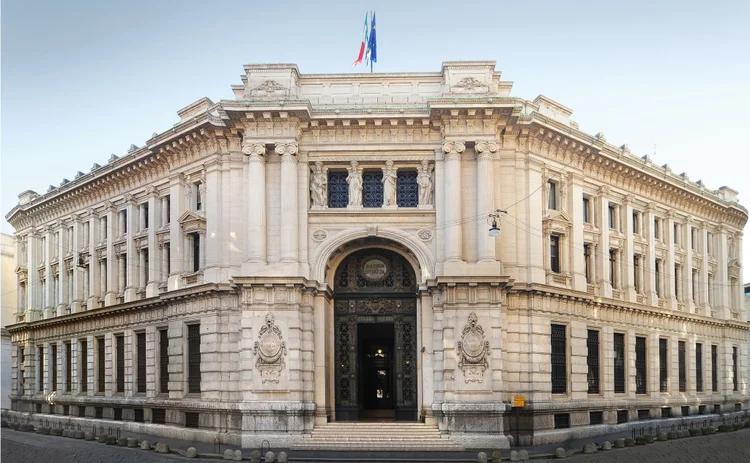
- The governor of the Bank of Italy announced the bank will make suggestions on how to implement the new EU crypto laws “in the coming days.”
- He said the Bank of Italy had found that only EMTs could fully perform payment functions “while maintaining public confidence.”
Italy’s central bank, led by Governor Fabio Panetta, has announced preparations to publish instructions for implementing the future European Union (EU) crypto rules.
During a speech to the Italian Banking Association, Panetta announced the guidelines would be presented “in the coming days” and would aim to promote the proper implementation of the EU’s Markets in Crypto-Assets Regulation (MiCA).
The rules would also prioritize safeguarding bitcoin owners.
MiCA regulation of the European Union
MiCA characterizes two sorts of tokens: Asset reference tokens (ARTs) and electronic money tokens.
He said the Bank of Italy had found that only EMTs could fully perform payment functions “while maintaining public confidence.”.
EMTs are correlated to a single fiat currency, such as a US dollar-backed stablecoin.
Citing Bitcoin and ether as examples of “unproven crypto-assets,” Panetta claimed they have “no intrinsic value,” and “are essentially akin to gambling.”
Panetta also voiced worries about tax evasion and the unregulated usage of bitcoins for money laundering and financing terrorism.
Panetta issued a warning, saying that although the proportion of non-backed cryptocurrency investors who are unaware of the risks is currently small, it could increase in the future.
Italy strengthens its monitoring of the crypto market
Italy currently implements measures to strengthen its oversight of cryptocurrency markets under the MiCA regulatory framework.
These actions are aimed at improving market surveillance, preventing insider trading, and strengthening oversight regarding digital assets.
The fines will total between five thousand euros ($5,400) and five million euros ($5.4 million) for offenses ranging from market manipulation to insider trading.
It is important to note that blockchain businesses and decentralized finance (DeFi) protocols have had difficulties putting into practice the MiCA regulatory framework, which was first approved in 2022.
DeFi protocols are required to meet the Anti-Money Laundering (AML) and Know Your Customer (KYC) standards of the MiCA framework or to achieve full decentralization.
As a result, these DeFi protocols must select between full decentralization and accepting the need for users to provide verification data.
Final month, the MiCA administrative system relating to stablecoins came into effect.

